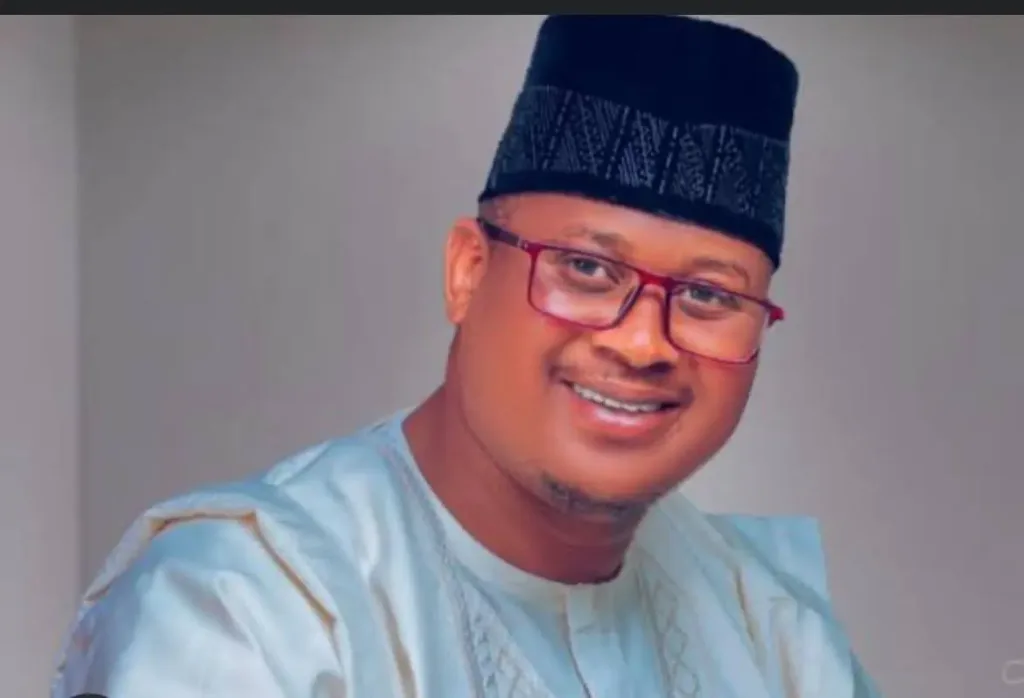Nigerian opposition figure Nafiu Bala has vowed to prioritize unity and institutional reform after assuming leadership of the African Democratic Congress (ADC), following his endorsement by a faction of the party’s leadership. The newly appointed Acting National Chairman outlined his vision during a Monday meeting in Abuja, attended by senior party officials and state leaders, as internal restructuring efforts intensify ahead of Nigeria’s 2027 electoral cycle.
Bala, whose appointment was ratified by the party’s National Executive Council (NEC) and stakeholders, committed to fostering cohesion within the ADC, which has faced internal divisions in recent years. “I pledge to lead this party with integrity, wisdom, and dedication. We must build a stronger institution that champions Nigeria’s progress,” he declared, emphasizing the need to “enhance internal democracy” and implement policies reflecting grassroots input.
The chairman’s five-point agenda focuses on institutional reforms, including modernizing party structures and establishing strategic alliances with like-minded groups. Analysts note the ADC’s positioning as a potential coalition partner in Nigeria’s competitive political landscape, where it currently holds eight state legislative seats and one governorship position. Bala stressed the necessity of expanding partnerships, stating leaders would collaborate with “any group extending hands of friendship” to stabilize Nigeria’s democracy.
His address acknowledged ongoing challenges, including factional tensions within the ADC ranks. While thanking supporters—including National Board of Trustees members and 2023 gubernatorial candidates—Bala highlighted plans to implement resolutions from recent party forums. “Collaborative leadership isn’t optional; it’s how we’ll become Nigeria’s most effective political movement,” he asserted, distancing his approach from past leadership styles criticized as insular.
The Abuja gathering signaled attempts to reconcile differences within the party, with several state chairpersons and NEC members in attendance. However, political observers caution that unifying Nigeria’s 55 registered political parties remains complex, particularly amid shifting alliances. As Africa’s most populous nation confronts economic reforms and security challenges, Bala’s promise to prioritize “policy deployment” aligns with voters’ increasing demands for tangible governance plans over rhetoric.
With general elections three years away, the ADC leadership transition marks a critical juncture for the 22-year-old party. Bala closed his remarks with an appeal to national idealism: “Our work begins today to secure a brighter future—not just for ADC members, but for every Nigerian waiting to see politics deliver real change.” The coming months will test whether institutional revitalization efforts can translate into broader electoral relevance.
